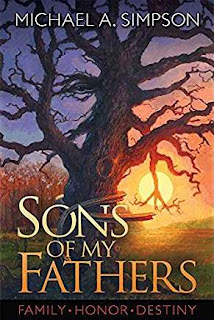My Review of "Don't Mess with Mrs. Sedgewick"
by Mary F. Martin
This was not only a fun read, but should convince the “younger folk” not to discount us sprightly, well-mannered ladies they tend to ignore in their youthful self-importance. If hard pressed – as Mrs. Sedgewick was – we old gals can nimbly spring to action to foil evil perpetrators with aplomb.
Written in an easy style, the book provided me with
much-needed chuckles and relief from my usual more serious reading fare. I call
the book “delightful.” And I am sticking to it despite its “improbability,” as
some reviewers contend.
Not so fast. There was a time when my apartment was
broken into. It took me one year to get the robber behind bars simply through
tenacious high-heeled legwork by myself; after which three police departments
(Boston, Cambridge and Brookline) offered me a job as a detective (I said, "No, thanks").
Henceforth, “Don’t Mess With Mrs. Sedgewick” isn’t that far-fetched – as well as a very enjoyable read.
Henceforth, “Don’t Mess With Mrs. Sedgewick” isn’t that far-fetched – as well as a very enjoyable read.
Check out Ma4ry Martin's Amazon Author Page for more:











